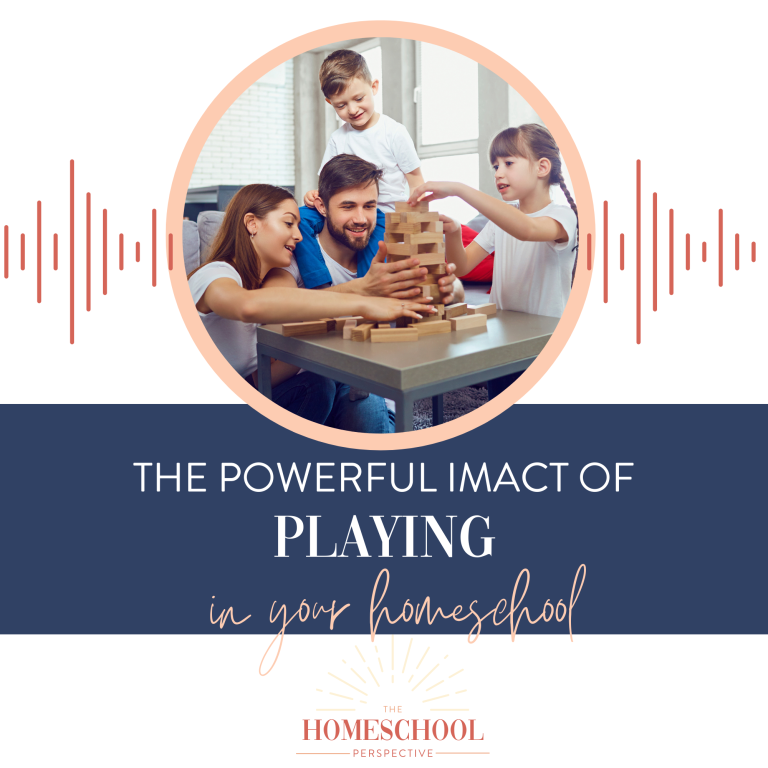Specialized or well rounded: which is best?
Join your hosts for a rousing discussion (debate?) on a topic that resonates with many homeschooling families: should we aim for our kids to be well-rounded in their education, or should we encourage them to specialize in their area of interest?
This episode explores the pros and cons of both approaches, drawing from personal experiences and challenging conventional wisdom. The hosts have very different persepctives – which one do you share?
The Debate: Well-Rounded vs. Specialized
Rachel kicks off the discussion by highlighting the ongoing debate: is it better for kids to dabble in a bit of everything, becoming little Renaissance people, or should we nurture that one passion they can’t stop talking about and guide them to become experts in their chosen field? This question sparks a lively conversation among the hosts, each bringing their unique perspectives to the table.
The Case for Specialization
Ally shares her concerns about young children specializing too early, especially in sports. She recalls stories of kids facing chronic stress injuries and burnout from focusing on a single activity year-round. Lisa, on the other hand, emphasizes the importance of letting kids follow their passions but with boundaries. She shares her family’s practice of having a dedicated rest day every week to ensure balance and prevent burnout.
The Benefits of Being Well-Rounded
Rachel reflects on her own childhood, where she was involved in numerous activities, from music to sports to academics. She acknowledges the value of having diverse experiences but also the exhaustion that came with it. Ally echoes this sentiment, sharing how her driven nature led her to take on multiple roles and responsibilities, often at the expense of her health and rest.
Striking the Balance
The hosts agree that while specialization can be beneficial, it’s crucial to maintain a balance and prioritize rest and family time. They emphasize the importance of listening to children’s needs and allowing them to explore different interests without overwhelming them. Lisa highlights the need to praise character and self-care over performance, ensuring that children grow up valuing balance and well-being.
Practical Tips for Homeschooling Families
- Involve Children in Decision-Making: Allow kids to express their interests and passions and guide them in setting achievable goals.
- Set Boundaries: Establish clear boundaries for rest and family time to prevent burnout and ensure a healthy balance.
- Prioritize Health and Well-Being: Encourage children to listen to their bodies and praise them for taking care of themselves.
- Be Flexible: Adapt and adjust activities based on your child’s changing interests and needs.
This thought-provoking episode of The Homeschool Perspective offers valuable insights for homeschooling families navigating the well-rounded vs. specialized debate. By prioritizing balance, health, and family time, parents can support their children’s passions while ensuring they grow up happy, healthy, and well-rounded.






